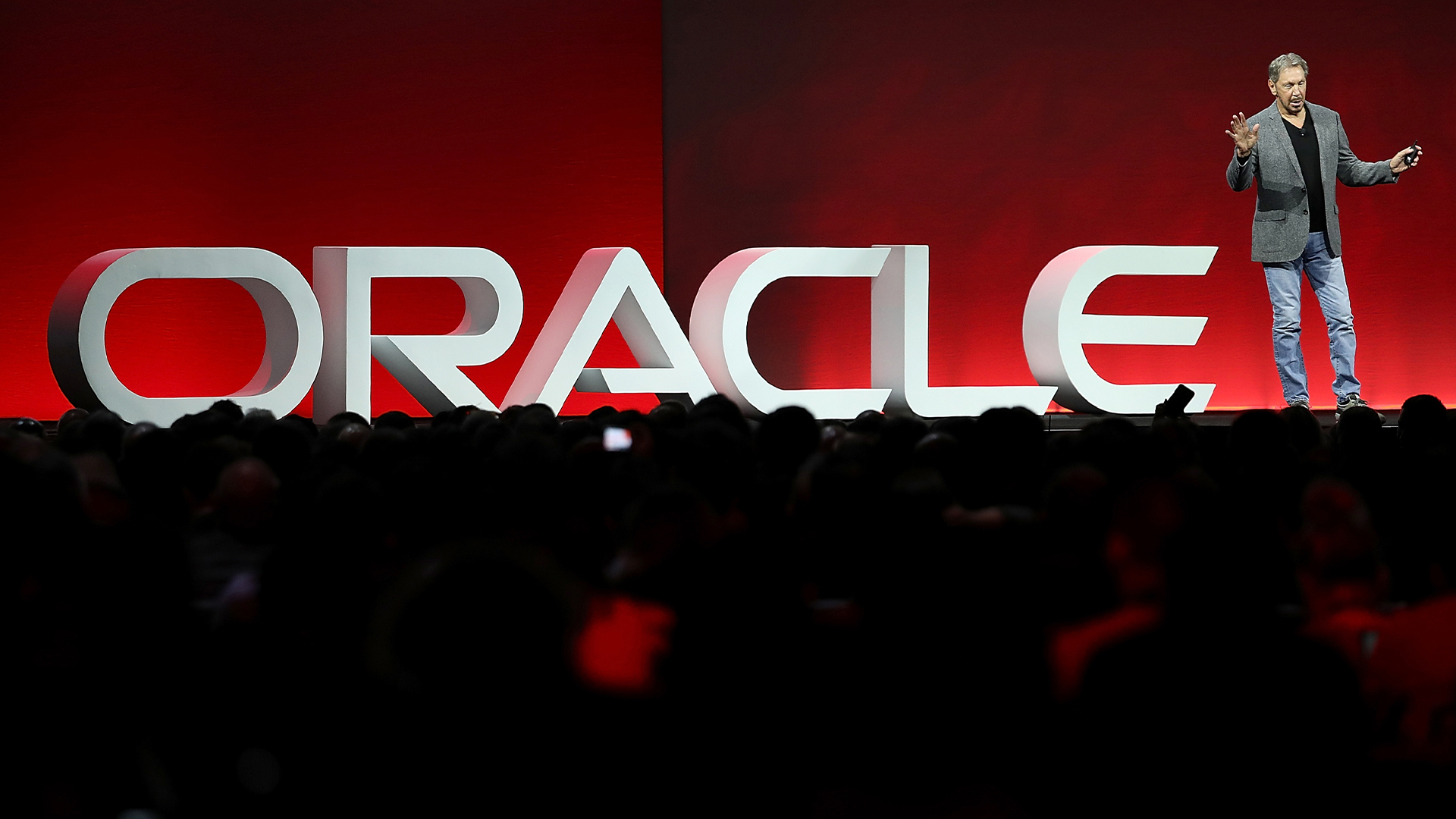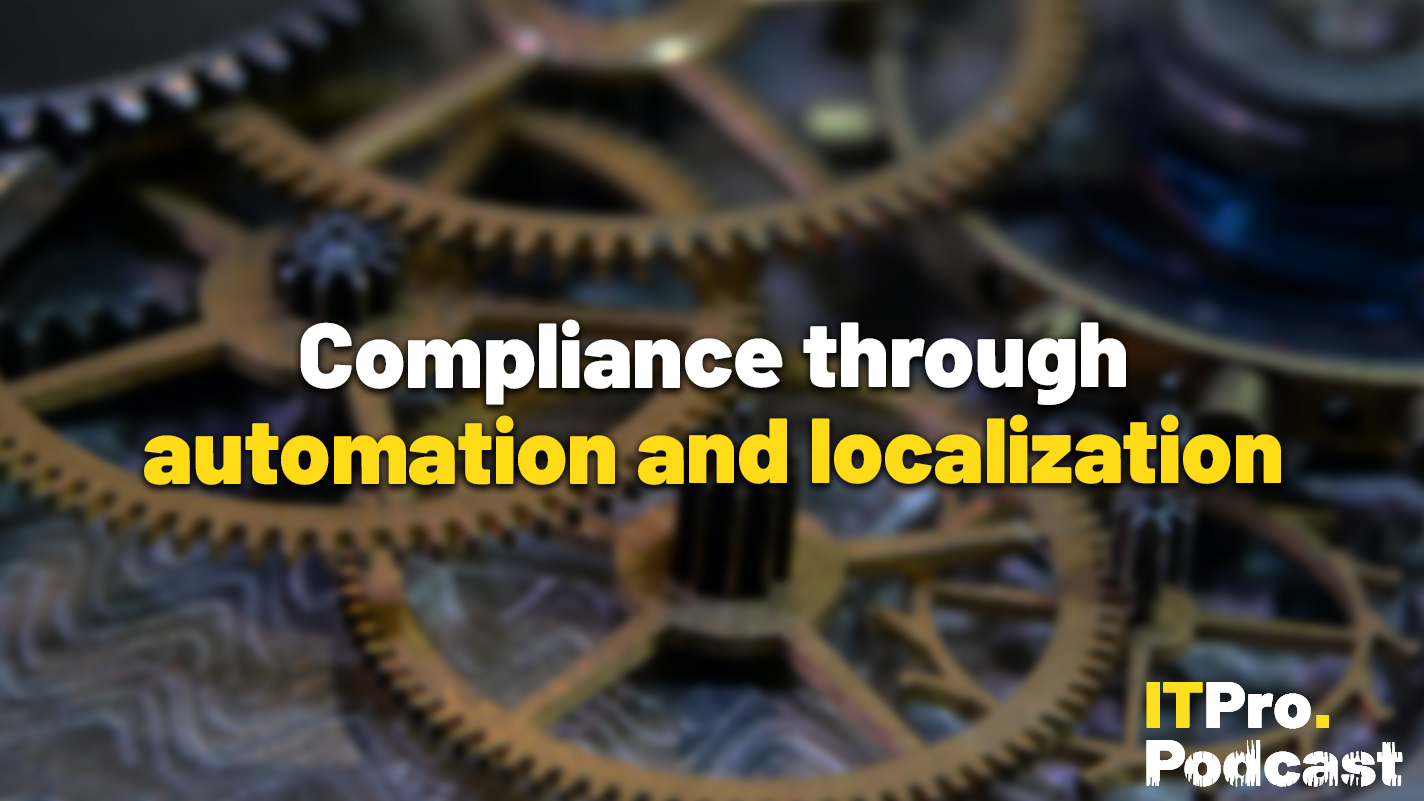Oracle and Sun: What does the IT industry think?
Is the deal between Oracle and Sun good news for the industry, or will it hurt the sector?


Following the announcement yesterday that Oracle has bought Sun for $7.4 billion, members of the IT industry have been leaping in to make their voices heard.
In response to the assessment made by Oracle president Safra Catz during the announcement yesterday - estimating an increase of $15 cents per share during the first year - David Mitchell, senior vice president of IT Research at Ovum, believes the company's experience will see them through.
He said: "This is a bold estimate and a clear indication that Oracle sees that it will be able to generate substantial synergies, in the same way that it has with its other acquisitions. In the current market it is difficult for most companies to see beyond the next quarter, never mind a full year."
He also believes Sun is now in line with IBM, HP and Microsoft as "the big four" who will dominate and shape the IT industry.
However, other analysts have taken this experience Oracle and picked up on a less positive trend.
PC Pro has quoted a Wall Street analyst who suggested that the move will end up with 10,000 employees losing their jobs.
Toni Sacconaghi, senior analyst with Sanford C. Bernstein & Co, said in a research note: "To deliver $1.5 billion in operating profit, Oracle would need to boost profits by $700 million, assuming no material revenue erosion, which suggests incremental headcount reductions of 5,500 to 10,000 depending on timing."
Get the ITPro daily newsletter
Sign up today and you will receive a free copy of our Future Focus 2025 report - the leading guidance on AI, cybersecurity and other IT challenges as per 700+ senior executives
He also referenced Oracle's previous form in acquiring companies and cutting jobs as contributing to his analysis. After acquiring PeopleSoft in 2005, 5,000 jobs were lost followed by 2,000 jobs when it purchased Seibel in 2006.
There may be a bleak outlook for some of the company's employee,s but Dr Stefan Ried, senior analyst at Forrester Research, sees this as a positive move for the company.
He said: "The market momentum is definitely consolidation. The Sun - IBM bit was clearly a consolidation within the hardware market. As this failed Oracle will be able to turn the Sun deal into a best practice of the packaged apps / hardware combination and be a serious threat to IBM."
"The impact to Oracle's Application business is still open. It's basically the first time that a major ERP applications vendor acquires a hardware vendor since the split of applications and software back in the early days of the foundation of SAP and Oracle."
The chief executive for Ingres, provider of open source information management services, has a more pessimistic view of the move. Roger Burkhardt thinks Oracle has not thought this through.
He said: "We are witnessing the beginning of the end of the whole 1980s proprietary IT era as the New Economics of IT takes over and customers switch out of extraordinarily high-cost hardware and software and migrate to open source and open standards. Oracle may be billing this merger as the beginning of the next phase of computing', but they are missing the point." "The demise of Sun has been caused by the next phase of computing' which Ingres sees as the emergence of open source and open standards in the New Economics of IT. Oracle may believe that by locking in the customer at the hardware, OS and application level that it can hold-back the inevitable, but history says otherwise."
There may well be a mix of views between analysts and IT professionals as to whether this is a positive move, but it seems that Oracle's acquisition of Sun will definitely be something interesting to watch in the coming months.
Jennifer Scott is a former freelance journalist and currently political reporter for Sky News. She has a varied writing history, having started her career at Dennis Publishing, working in various roles across its business technology titles, including ITPro. Jennifer has specialised in a number of areas over the years and has produced a wealth of content for ITPro, focusing largely on data storage, networking, cloud computing, and telecommunications.
Most recently Jennifer has turned her skills to the political sphere and broadcast journalism, where she has worked for the BBC as a political reporter, before moving to Sky News.
-
 Cleo attack victim list grows as Hertz confirms customer data stolen
Cleo attack victim list grows as Hertz confirms customer data stolenNews Hertz has confirmed it suffered a data breach as a result of the Cleo zero-day vulnerability in late 2024, with the car rental giant warning that customer data was stolen.
By Ross Kelly
-
 Lateral moves in tech: Why leaders should support employee mobility
Lateral moves in tech: Why leaders should support employee mobilityIn-depth Encouraging staff to switch roles can have long-term benefits for skills in the tech sector
By Keri Allan
-
 IBM eyes Oracle expertise gains with latest acquisition
IBM eyes Oracle expertise gains with latest acquisitionNews The deal aims to help IBM address the complexities of public sector cloud transformation
By Emma Woollacott
-
 Channel Focus: All you need to know about Oracle's partner program
Channel Focus: All you need to know about Oracle's partner programWhat to know about partnering with Oracle: A brief guide to the database management software company as it expands further into cloud solutions
By Fleur Doidge
-
 Compliance through automation and localization
Compliance through automation and localizationITPro Podcast The crossover between automation, localization, and even AI is strong
By Rory Bathgate
-
 Will NetSuite take a cautious approach to AI at SuiteWorld 2023?
Will NetSuite take a cautious approach to AI at SuiteWorld 2023?Analysis Generative AI is likely to loom large over SuiteWorld – but NetSuite may instead bank on boosting its core end-to-end automation tech
By Rory Bathgate
-
 Oracle updates HCM capabilities to focus on value and set employees up for success
Oracle updates HCM capabilities to focus on value and set employees up for successNews Reward and recognition - especially by peers - are key tenets of the update to the Oracle Me employee experience platform
By Maggie Holland
-
 Oracle: Generative AI is bigger than B2B, bigger than us
Oracle: Generative AI is bigger than B2B, bigger than usNews Oracle's CTO, chairman, and current CEO once again set the bar high during Oracle CloudWorld 2023 keynotes
By Maggie Holland
-
 Oracle sets out its stall for a new age of multi-cloud
Oracle sets out its stall for a new age of multi-cloudOpinion Embracing rival providers with open arms is a bold strategy, one that plays to Oracle’s strengths in infrastructure
By Bobby Hellard
-
 The best IT management tools
The best IT management toolsBest We feature the best IT management tools, to help make the process of managing IT systems simpler and easier, from customer support to diagnostics
By Ritoban Mukherjee